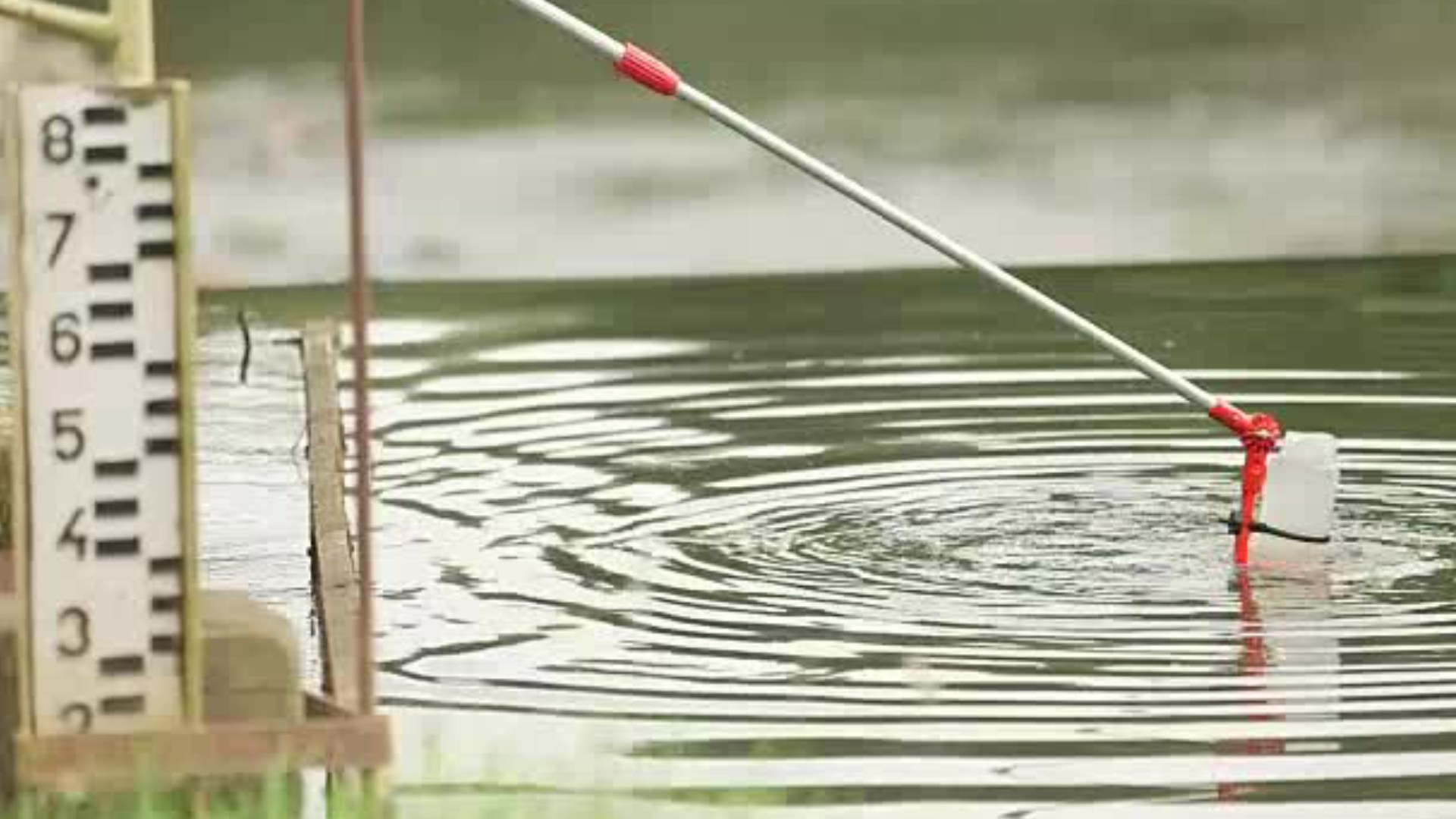Hydrologists
Groundwater Consultant, Hydrogeologist, Hydrologist, Research Hydrologist
 Select a military branch to see samples.
Select a military branch to see samples.
Bioenvironmental Engineering; Bioenvironmental Engineering Apprentice; Bioenvironmental Engineering Craftsman; Bioenvironmental Engineering Helper; Bioenvironmental Engineering Journeyman; Bioenvironmental Engineering Manager; Bioenvironmental Engineering Superintendent
Environmental Science and Engineering; Water Treatment Specialist
No similar titles were found.
Environmental Engineering Management Officer; METOC Analyst Forecaster
Aerographer's Mate; CWO - Oceanography Warrant Officer; Environmental Health Officer; Geospatial Information and Services (GIandS) Officer; Master Meteorological And Oceanographic (Metoc) Forecaster; Meteorological And Oceanographic (Metoc) Forecaster; Meteorology and Oceanography (METOC) Services Officer; Meteorology and Oceanography Watch Officer; Preventive Medicine Officer (Public Health); RL - Special Duty Officer (Oceanography)
No similar titles were found.
What they do:
Research the distribution, circulation, and physical properties of underground and surface waters; and study the form and intensity of precipitation and its rate of infiltration into the soil, movement through the earth, and return to the ocean and atmosphere.
On the job, you would:
- Prepare written and oral reports describing research results, using illustrations, maps, appendices, and other information.
- Design and conduct scientific hydrogeological investigations to ensure that accurate and appropriate information is available for use in water resource management decisions.
- Measure and graph phenomena such as lake levels, stream flows, and changes in water volumes.
Knowledge
Math and Science
- arithmetic, algebra, geometry, calculus, or statistics
- physics
Engineering and Technology
- product and service development
- computers and electronics
Arts and Humanities
- English language
Skills
Basic Skills
- thinking about the pros and cons of different ways to solve a problem
- listening to others, not interrupting, and asking good questions
Problem Solving
- noticing a problem and figuring out the best way to solve it
People and Technology Systems
- thinking about the pros and cons of different options and picking the best one
- figuring out how a system should work and how changes in the future will affect it
Abilities
Verbal
- communicate by speaking
- communicate by writing
Ideas and Logic
- make general rules or come up with answers from lots of detailed information
- notice when problems happen
Math
- choose the right type of math to solve a problem
- add, subtract, multiply, or divide
Visual Understanding
- see hidden patterns
Personality
People interested in this work like activities that include ideas, thinking, and figuring things out.
They do well at jobs that need:
- Innovation
- Intellectual Curiosity
- Integrity
- Attention to Detail
- Dependability
- Achievement Orientation
Technology
You might use software like this on the job:
Analytical or scientific software
- Data visualization software
- The MathWorks MATLAB
Presentation software
- EnviroInsite
- Microsoft PowerPoint
Data base user interface and query software
- Microsoft Access
- Structure query language SQL
Education
Education: (rated 5 of 5)
master's degree or
bachelor's degree
usually needed
bachelor's degree
usually needed
Job Outlook
Below Average
New job opportunities are less likely in the future.
Explore More
- Conservation Scientists
- Geoscientists
- Hydrologic Technicians
- Industrial Ecologists
- Water Resource Specialists
You might like a career in one of these industries:
See more details at O*NET OnLine about Hydrologists.






